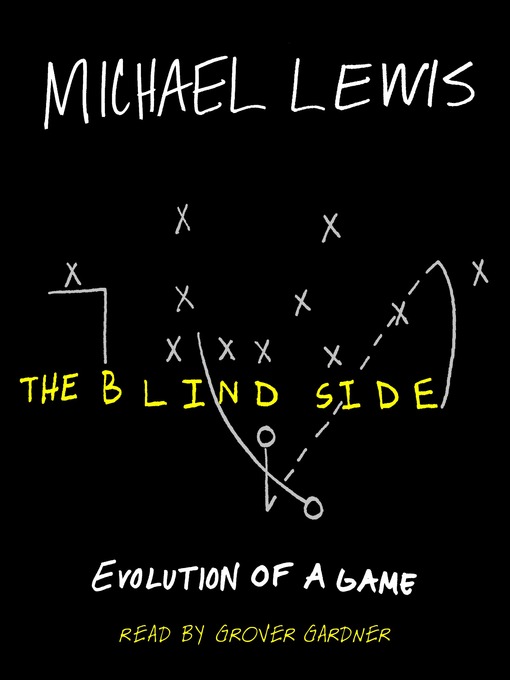I've been following the
story of Officer Tim Brenton and Christopher Monfort pretty closely because I am interested in stories that reflect upon issues of security and civil rights.
 Police officer shot dead Halloween night.
Police officer shot dead Halloween night. (
article) Brenton's position as a senior police officer and a mentor to Britt Sweeney enhances the symbolic meaning of the story. A police officer is dead and we are faced with the mortality of our protectors
Police in search of suspicious car. (
article) Once we establish the mortality of our hero, we introduce our faceless anti-hero. He draws power from his obscurity.
I know it is a lot to ask from the city, but I would like to see video evidence released to the public.
Screen shots of video are not enough.
Police share theory about suspect. (
article) Our anti-hero challenges the morality of our hero. Our villain wants us to ask questions about the deputy sheriff and the girl in SeaTac. Our ghost story becomes a moral dilemma.
Monfort is shot at his home. (
article) As DNA and
other evidence is collected, it is important to note that Seattle Police own this story. The journalists were good to gather some additional comments when available but the Police remain the sole proprietors of meat to this story.
Friends and family of Monfort have an opportunity to speak to the press at this time. Often friends and family will decline to speak with the press, often by request of their lawyers, out of fear that the press is out to ruin the case and create prejudice against them before the jury is assembled. It is the journalist's first priority to understand the family's need for space but it is also important for the family to understand that silence is not always the best option. In the Monfort case, silence is counter productive.
If Monfort is innocent, it is the duty of his friends and family to step forward now to clear his name. If Monfort is guilty, the journalist might offer an opportunity for speak anonymously. Either way, if the journalist is not able to dig up information about Monfort, he loses an opportunity to tell a compelling story.
Monfort questioned authority. (
article) When friends and family do not speak, a journalist must rely only on public record. Here is where we establish Monfort's identity as a proponent of freedom. He witnessed the fall of The Berlin Wall and participated in the first Iraq war. In school, Monfort was deeply passionate about the people's right to a government that stays within the confines of the constitution.
The danger of these findings is that the story becomes instantly political when the shooter is identified as representing a political point of view already grossly associated with
domestic terrorism. For example, should society be fearful of people who question authority?
This story ends with a dead police officer but its power is in the conflict between security and freedom. The intent is not to vilify Monfort because to do so would to paint Brenton's death in vain. Also, the story is not to patronize Monfort's politics as to neglect the true struggle of the human condition.
 “A working class hero is something to be,” John Lennon, that product of ragged Liverpool, sang just after leaving the Beatles. “Keep you doped with religion and sex and T.V.”
“A working class hero is something to be,” John Lennon, that product of ragged Liverpool, sang just after leaving the Beatles. “Keep you doped with religion and sex and T.V.”





